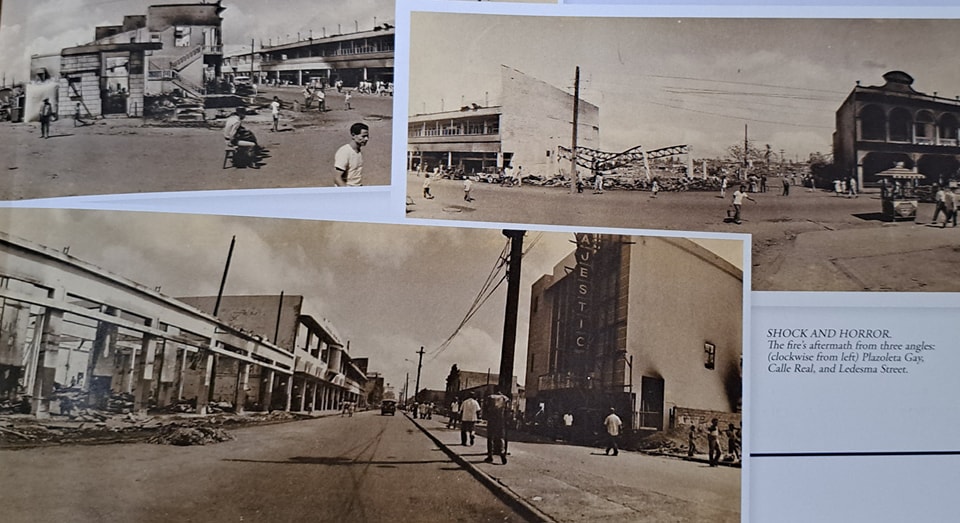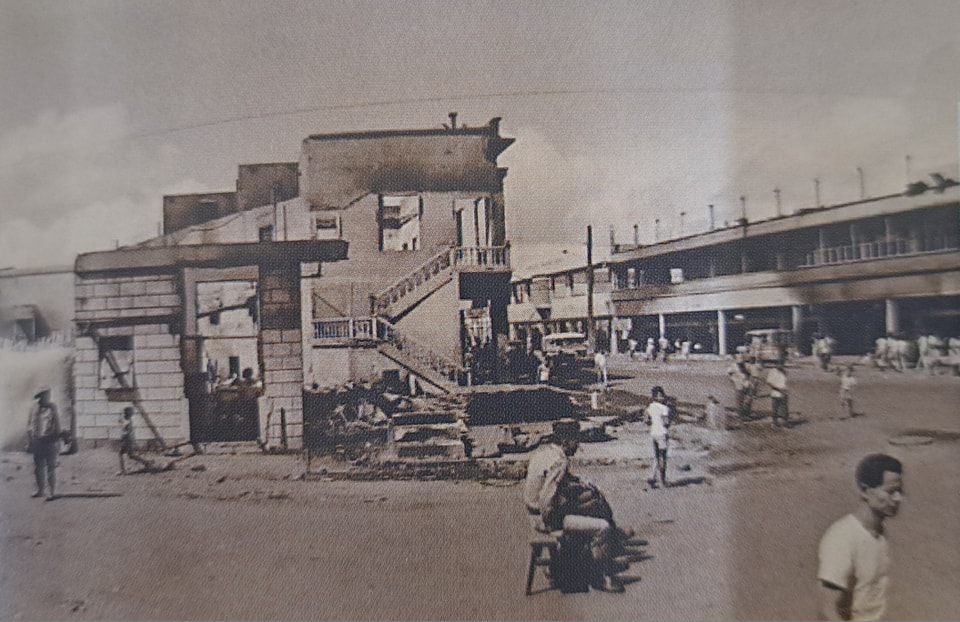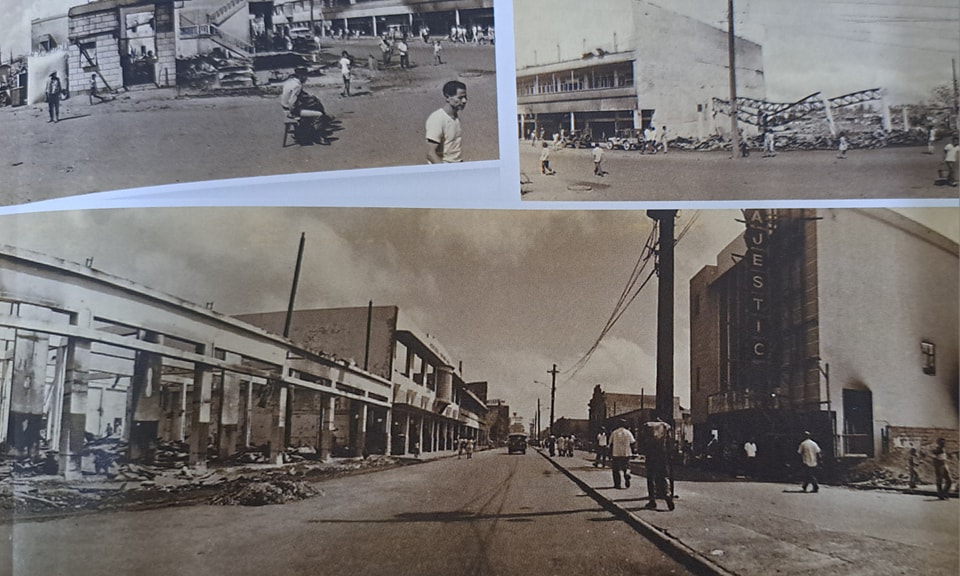One evening in February of 1966, the Iloilo skies were ablaze with fiery hues permeating the night light. A fire originating from Iznart Street had begun to gain momentum, stretching its scorching talons across the city. It was unexpected; it was devastating; and it was to forever redesign the geography of Iloilo’s commercial industry.

They say it originated from the Oriental Saw Mill located near the YMCA, but what started it no one knew. It was widely disputed that arson might have assisted in furthering the damage, as the inconsistency of the spread was highly erratic. How could the flames of Iznart quickly contaminate the district of Pala-pala? From different corners of Iloilo, the flames began to congregate into one immense bonfire.

Reported accounts of that horrific ordeal spoke volumes: the heat was beyond sweltering that the plastic bags used to keep the salvaged items safe began to spontaneously combust even without direct contact with the fire. Corpses from the local morgue were partially cremated as there was hardly enough time to relocate. The city resembled a war-torn apocalyptic nightmare, remnants of the city’s earlier history reduced to a despairing ruin of what used to be. Everything that meant something to someone in a split second descended into a memory that day.

The great fire of 1966 ushered in a radical change: shanties and hovels that once dominated the Delgado scene gave way for new small businesses to sprout. From the ashes of its former glory sprung new commercial industries; businesses that still embellish our city’s economy. Some say the fire was pivotal in advancing the commercial traffic from the old Calle Real to the Delgado district, but what matters is that Iloilo City, like the phoenix of ancient lore issued forth from its charred remains, rejuvenated and renewed, no longer bounded by the shackles of its former self, only focused on transcending new levels of greatness.
Source: Reynaldo Gamboa Alejandro and Vicente Roman Santos in Estilo Ilonggo: Philippine Southern Lifestyle published by KCC Innovations in cooperation with DOT (2009)
